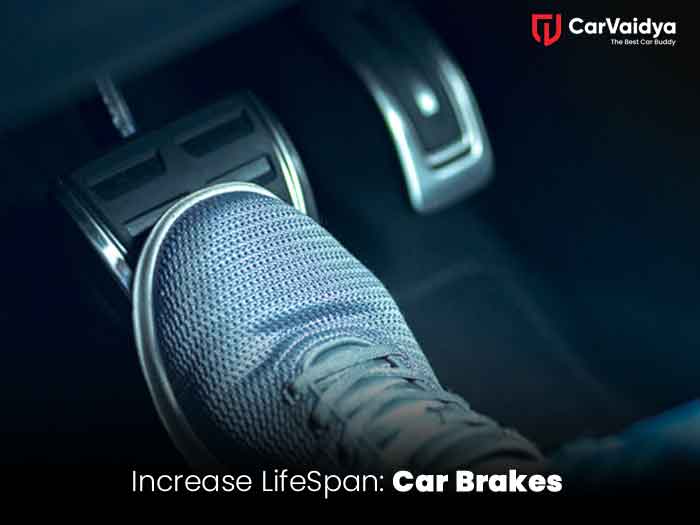As vehicle owners, ensuring the longevity and optimal performance of our cars is paramount. One crucial component that demands attention is the braking system. The brakes play a pivotal role in the safety of the vehicle, and their proper maintenance is essential for a smooth and secure driving experience. In this article, we will explore four key considerations to enhance the lifespan of your car's brakes.
Regular Inspections
Routine inspections are the cornerstone of brake maintenance. Periodic checks allow you to identify potential issues early on, preventing extensive damage and costly repairs. Start by visually inspecting the brake pads and rotors. Look for signs of wear, such as thinning brake pads or uneven rotor surfaces. If you notice any irregularities, it's advisable to consult a professional mechanic for a more comprehensive assessment.
In addition to visual inspections, pay attention to any unusual sounds or sensations while braking. Squeaking, grinding, or vibrations can be indicators of underlying problems. Addressing these issues promptly can save you from more extensive brake system repairs down the road.
Brake Fluid Maintenance
Brake fluid is a critical component of the braking system, as it transfers force from the brake pedal to the brake components. Over time, brake fluid can become contaminated with moisture, leading to a decrease in its effectiveness. Regularly checking and changing the brake fluid is crucial for maintaining optimal brake performance.
Consult your vehicle's manual for the recommended intervals for changing the brake fluid. Typically, it is advisable to change the brake fluid every two years, but this may vary based on the manufacturer's guidelines. If you notice a decrease in braking responsiveness or a spongy brake pedal, it may be indicative of contaminated brake fluid, necessitating immediate attention.
Driving Habits Matter
The way you drive significantly influences the wear and tear on your car's brakes. Adopting mindful driving habits can contribute to extending the lifespan of your brakes. Avoid abrupt stops and aggressive braking, as these actions generate excessive heat and put additional stress on the braking system.
Anticipating traffic conditions and braking gradually allows for a more even distribution of heat, reducing the strain on brake components. Additionally, refrain from riding the brakes on downhill descents. Instead, use engine braking by downshifting to a lower gear, which helps in controlling speed without relying solely on the brakes.
Furthermore, minimize unnecessary weight in your vehicle, as excess weight increases the workload on the braking system. By incorporating these driving habits, you not only enhance brake longevity but also promote fuel efficiency.
Invest in Quality Brake Components
When it comes to brake maintenance, the quality of replacement parts matters. Opting for high-quality brake pads and rotors may involve a slightly higher initial cost, but the long-term benefits are substantial. Premium brake components often have better heat dissipation properties, improved durability, and enhanced performance compared to their cheaper counterparts.
Consider the specific needs of your vehicle and consult with your mechanic to choose the most suitable brake components. Some drivers may prioritize performance, while others may seek longevity. Striking the right balance and investing in reputable brands can lead to a more reliable and durable braking system.
Conclusion
Ensuring the longevity of your car's brakes requires a proactive approach to maintenance. Regular inspections, brake fluid checks, mindful driving habits, and investing in quality components are essential considerations for preserving the integrity of your braking system. By incorporating these practices into your routine, you not only enhance safety on the road but also contribute to the overall longevity and efficiency of your vehicle. Remember, a well-maintained braking system is not just a matter of convenience; it's a crucial aspect of responsible vehicle ownership.
You can read some other articles
Installing airbags in older car’s safety consideration and effectiveness
The benefits of timely oil changes for your car in Delhi NCR
Know everything about car service history report

